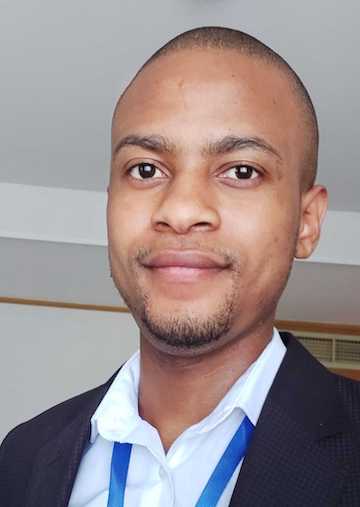People
Organiser
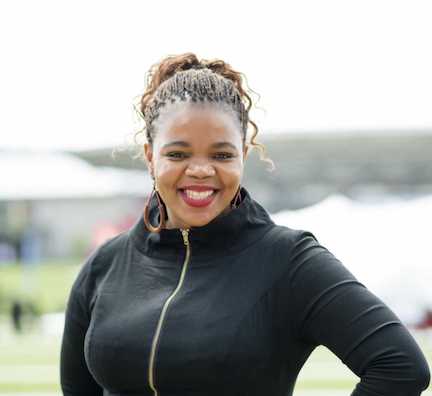
malebo sephodi
malebo sephodi (she/they) is a South African Feminist writer and interdisciplinary scholar. She is a doctoral candidate in the Information Systems Department at the University of Cape Town. She is interested in the intersections of society and digital technology.Sessional Facilitator
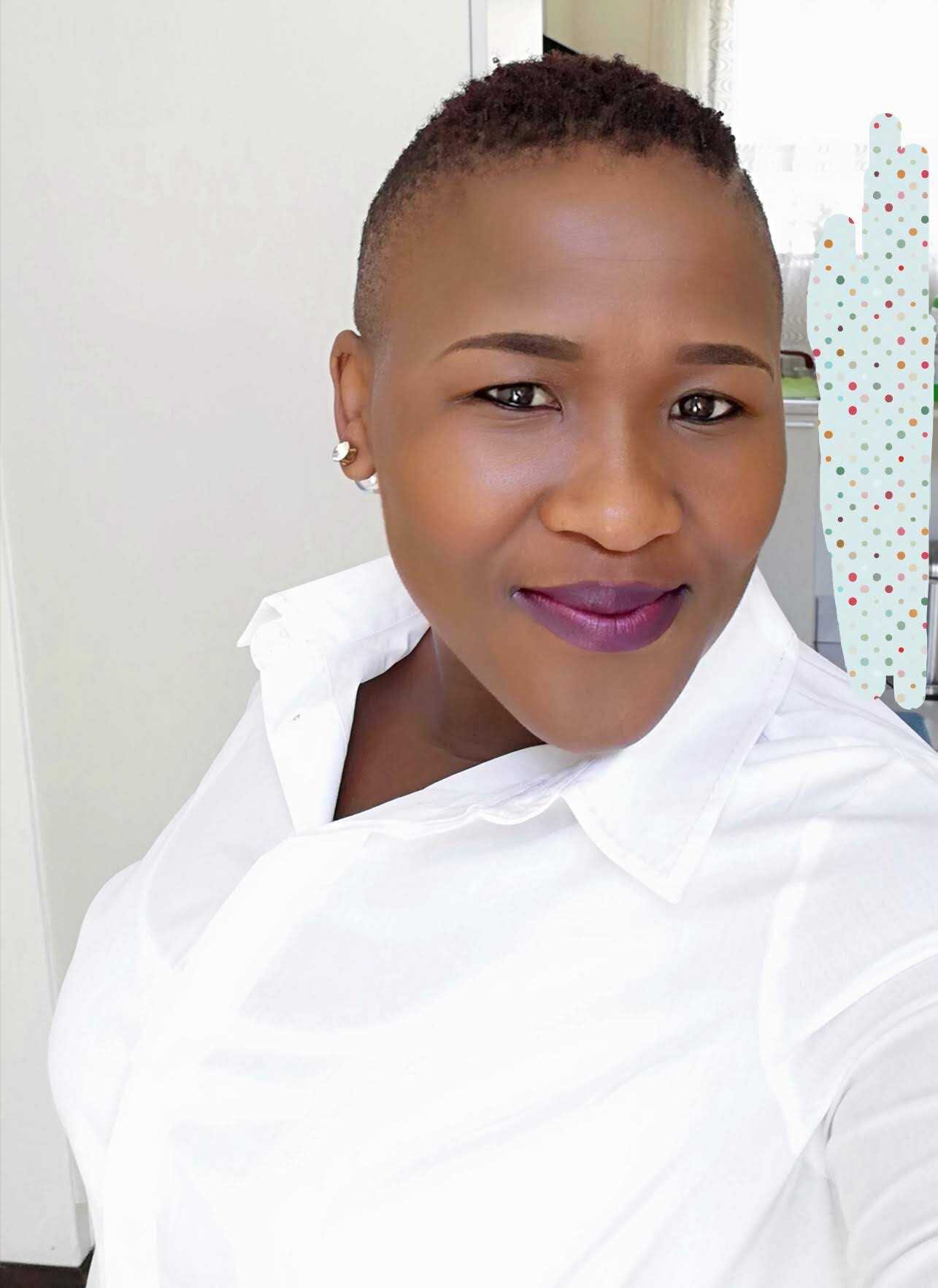
Zimasa Ndamase
Zimasa is an IS Professional with 14 years of work experience. She has expertise in software development, Business Intelligence, Data Analytics, Data Management and Data Governance. Zimasa is an Information Systems PhD Candidate at the University of Cape Town. Her research focuses on the challenges of implementing Data Governance Programmes in organizations. Her other research interests are in ICT4D and e-Government.Speakers
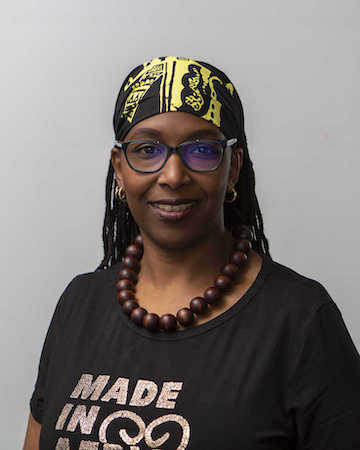
Geci Karuri-Sebina
Dr Geci Karuri-Sebina is a scholar-practitioner based in Johannesburg working in the intersection between people, place and technological change. She is a Visiting Associate Professor at the University of Witwatersrand’s School of Governance where she is hosting the Civic Tech Innovation Network and coordinating the establishment of a new African Centre of Excellence in Digital Governance. Geci is also associated with the UCT African Centre for Cities, South African Cities Network, and Singularity University’s Global Faculty on the future of cities and governance. Geci holds Bachelors’ degrees in Computer Science and Sociology (Iowa); Masters’ degrees in Urban Planning and Architecture from UCLA (Los Angeles); and a PhD from the Wits University (Joburg). Geci has a diverse background, spanning a range of foresight, policy, innovation and practice topics, and has worked extensively in R&D, government and civic organisations with a focus in Africa and the global South. She currently serves as the Vice-Chair of AfricaLICS (the community of innovation scholars in Africa) and Regional Advisor of the Africa Innovation Summit. Geci is also a curator in The Emergence Network, and is involved in editorial boards of: the African Journal of Science, Technology, Innovation & Development (AJSTID; Taylor & Francis), the African Journal of Information and Communication (AJIC; Wits), and foresight journal (Emerald). Geci currently lectures on innovation systems policy for developing countries, and innovation systems for social purposes at Wits.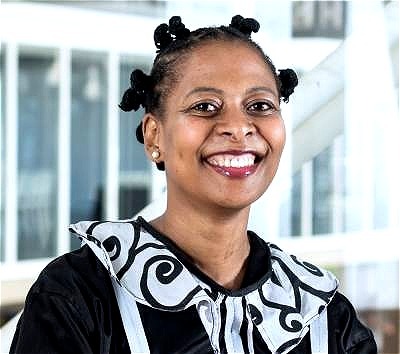
Sibongiseni Thotsejane Tunzelana
Dr Sibongiseni Thotsejane Tunzelana is a founding member of multi-award-winning FlavaLite Innovations. She completed her Ph.D in Information Systems at the University of Cape Town (UCT) on the topic of “Web Analytics strategy: a model for adopting and implementing advanced Web Analytics” in conjunction with Ryerson University, Toronto, Canada. She has more than 21 years of experience in ICT of which more than 16 years have been in ICT Management, System Development, Innovation and Analysis in large organisations and in start-up companies. She has been a Board Member of listed companies and non-profit companies (NPCs). She served in the Social and Ethics Committee. She has led ICT strategic planning and development, project management and policy development for the public and private sector. She has experience of leading small to medium-sized service development ICT projects. She was a Commissioner in the South African Presidential Commission on the Fourth Industrial Revolution (Industry 4.0 / 4IR). She is one of the 2019 Mail & Guardian Women Changing South Africa in Science, Technology, Engineering and Innovation (STEMI). She is the 2019 GovTech SITA ICT Public Service ICT Awards: Digital Leadership and Digital Woman Gold Award Winner. She is a winner of the 2019 South African Women in Science Awards (SAWiSA) Distinguished Young Woman Researcher Award for Research and Innovation. She pioneered a Research Forum at the WSU Buffalo City Campus (BCC), Potsdam. She is an Adjunct Senior Lecturer at UCT. She is also co-supervising Ph.D. Students at UCT. She is a frequent keynote speaker nationally and internationally in leaders’ conferences on big data analytics, cybersecurity and other fourth industrial revolution (4IR) related themes.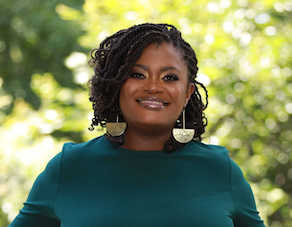
Chenai Chair
Chenai Chair is the Special Advisor on Africa Mradi Innovation at Mozilla Foundation. She is an expert on the intersection of digital technology and gender. She has built her expertise with extensive experience in work that is focused on understanding the impact of technology in society through research and public policy assessment. Her work draws on principles of feminism in assessing digital technology. She has developed projects focused on privacy, data protection and AI as Mozilla 2019/2020 fellow - available on mydatarights.africa. She also led the research on Women's Rights Online as the Web Foundation's gender and digital rights research manager. She has worked on issues of access within the digital divide as a Researcher at Research ICT Africa (RIA). She also works as a consultant on research projects focused on digital rights, including assessing the state of digital identity in Zimbabwe and developed recommendations for digital rights literacy in Southern Africa. Chenai holds a Masters in Social Science degree focused on Global Studies from the University of Cape Town.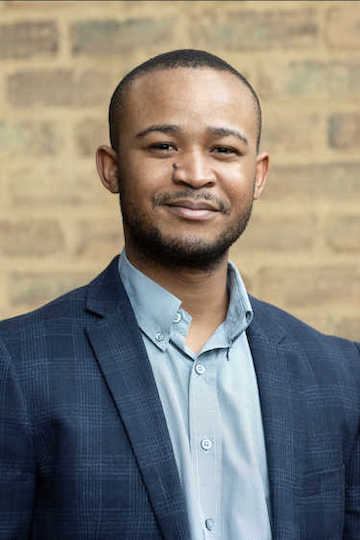
Bhaso Ndzendze
Dr Bhaso Ndzendze is a Senior Lecturer and Head of Department: Politics and International Relations at the University of Johannesburg. Dr Ndzendze is also founder and head of the 4IR and Digital Policy Research Unit at the University of Johannesburg, and a digital policy fellow at the Berlin-based African Policy Research Institute. He is author of two books on artificial intelligence and international relations and is editor in chief of the journal Digital Policy Studies. His scholarship and opinion on technology, society and digital policy has appeared in numerous edited books and the press.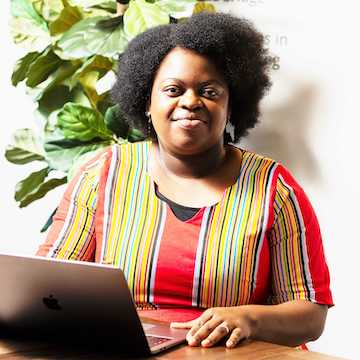
Tendani Mulanga Chimboza
Tendani Mulanga Chimboza is studying towards a PhD in information systems (IS). She holds a Masters in Communications from the University of the Western Cape. Her research activities revolve around digital ethics, ICTs for Social Justice, ICT Policy, and Dimension 2 of the CMM [Cybersecurity Culture and Society].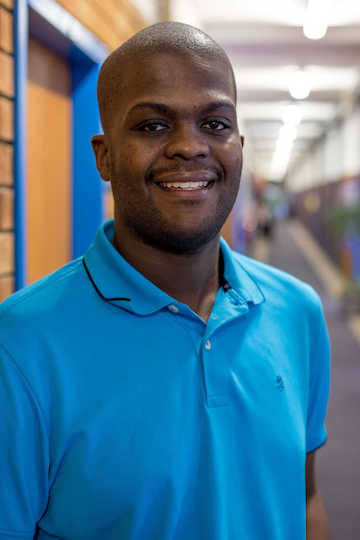
Vukosi Marivate
Prof. Vukosi Marivate is the ABSA UP Chair of Data Science at the University of Pretoria. He is an Associate Professor of Computer Science. Vukosi works on developing Machine Learning/Artificial Intelligence methods to extract insights from data. A large part of his work over the last few years has been in the intersection of Machine Learning and Natural Language Processing. Vukosi's work in this area focuses on techniques to improve tools for and availability of data for local languages or low resource languages. Vukosi is a co-founder of Deep Learning Indaba (https://deeplearningindaba.com/). He currently serves as a chief investigator on the Masakhane NLP project (https://www.masakhane.io/) and on the steering committee of the Lacuna Fund (https://lacunafund.org/). As part of his vision for Data Science, Vukosi is interested in Data Science for Social Impact (https://dsfsi.github.io/), using local challenges as a springboard for research. In this area, Vukosi has worked on projects in science, energy, public safety and utilities. Vukosi is a co-founder of the Deep Learning Indaba, the largest Machine Learning/Artificial Intelligence workshop on the African continent, aiming to strengthen African Machine Learning.
Lindiwe Matlali
Lindiwe Matlali is the Founder and CEO of Africa Teen Geeks; the largest computer science non-profit organization in Africa which aims to educate, inspire and equip young people with skills, resources and experience to pursue STEM careers and close the opportunity gap through quality education. Lindiwe is also the founder and CEO of Apodytes(Pty)Ltd, an award winning software development company which specializes in Software development and VR/AR/MR game development, 3D animations, simulations for training in defense, transportation, mining and aerospace and education sectors.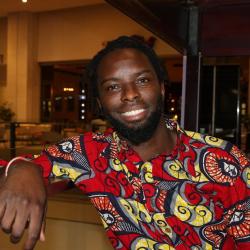
Sabelo Mhlambi
Sabelo Mhlambi is a founder at Bantucracy and his work focuses on Decolonial AI and the use of African Indigenous Philosophy in shaping Ethical AI Policy and the production of Ethical AI in Sub-Saharan Africa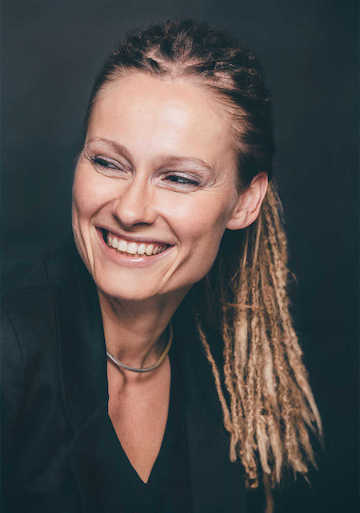
Adriana Marais
Dr Adriana Marais has a background in research, her award-winning PhD and postdoctoral work in quantum biology focused on photosynthesis and the origins of the building blocks of life in space. She is an internationally renowned advocate for off-world exploration, and has given hundreds of talks to audiences on all seven continents of this planet, as well as been featured in documentaries including AOL’s ‘Citizen Mars’, and CNN’s ‘Africa’s Space Race’. Adriana is currently a Director at the Foundation for Space Development Africa, developing Africa’s first mission to the Moon, the Africa2Moon Project. She is Scientific Moderator on Space Resources with the Geneva Science and Diplomacy Anticipator, and Chair of Space Sciences at Tod'Aérs Aeronautics and Space Research. She is also Faculty at the Singularity University and Duke Corporate Education. In 2019, Adriana founded Proudly Human, and she is currently leading the organisation’s Off-World Project: a series of off-grid habitation experiments in the most extreme environments on the planet, in preparation for life on the Moon, Mars and beyond, as well as a sustainable future on Earth.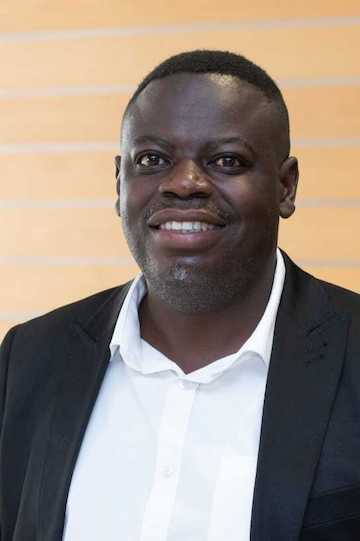
Tapiwa Chagonda
Tapiwa Chagonda completed his doctoral studies in 2011 which were focusing on the survival strategies of workers in Harare, Zimbabwe during the 2000s – Zimbabwe’s turbulent decade of hyperinflation and political crisis. In January 2013, Prof Chagonda was appointed a senior lecturer in the Department of Sociology at the University of Johannesburg. In 2017, he was promoted to Associate Professor. He is the Head of the Centre for Data Ethics (CDE) under the Institute of Intelligent Systems (IIS) at the University of Johannesburg and is also the Vice-Chair of UJ’s Senate Research Ethics Committee. Prof Tapiwa Chagonda is a passionate teacher and in 2020, he was awarded the Faculty of Humanities Innovation in Teaching Award.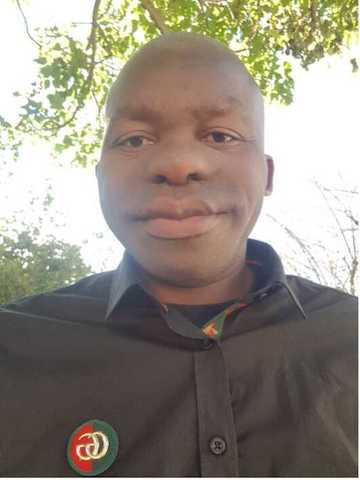
Franklin Tchakounte
Franklin Tchakounte is an Associate Professor and researcher in computer science with more than 10 years of experience in cybersecurity and data science with a strong background in distributed systems. He received his M.Sc. in Computer engineering from the University of Ngaoundere (Cameroon, 2010) and then his PhD Degree in Mobile Security from the University of Bremen (Germany, 2015). He authored books, book chapters and several research papers in the area of cyber security. He is the founder of the Cybersecurity with Computational and Artificial Intelligence (CyComAI, www.cycomai.com) company. He is fellow of DAAD Staff Exchange in Sub-Saharan Africa, Research Mobility grants in Ministry of Higher Education in Cameroon, and WebWeWant F.A.S.T project. Devoted to volunteering in reviewing and conference involvement, he is currently (senior) member of EAI, ISOC SIG Cybersecurity, and ISO SIG CyberSecurity Training and Education. He is currently Cameroonian representative of Responsibility in AI in Africa (RAIN) and his interests include cyber security and artificial intelligence. For now, he proposes strategies for digital governance and transformations and is active to design responsible AI security tools relying on collective intelligence from social technologies around people.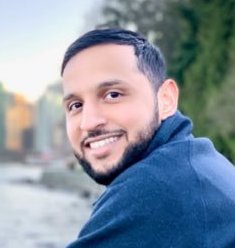
Suhem Parack
Suhem Parack is a Staff Developer Advocate for Academic Research at Twitter and helps students and researchers understand how to get Twitter data for their research.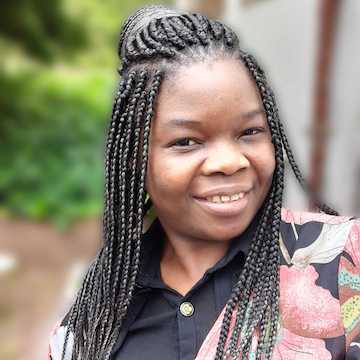
Sarah Mulombo Mulaji
Sarah Mulombo Mulaji is a PhD candidate at the University of Cape Town, Department of Information Systems. Sarah is also a Senior Teaching and Research Assistant in the same department since 22020. Sarah's research interests involve information & cybersecurity management and distributed systems, like Blockchain, appplications in organisations and society. Sarah has co-authored some journal articles and conference papers.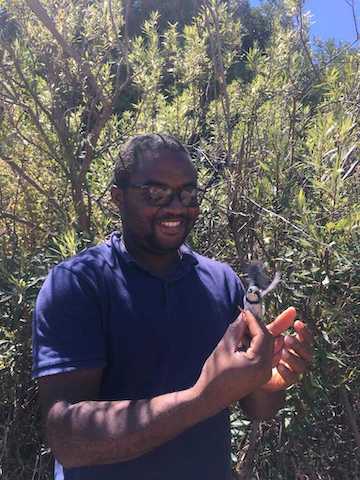
Timothy Khan Aikins
Timothy Khan Aikins is a PhD candidate in Conservation Biology at the University of Cape Town, South Africa. Timothy is also Lecturer at the Department of Biodiversity Conservation and Management, University for Development Studies, Ghana. He is an Ecologist and work mainly on the interaction between animals, plants and soil. Timothy has an interest in ornithology and currently researching on the costs and benefits to trees hosting sociable weaver nest in the Kalahari Desert of South Africa.Participants
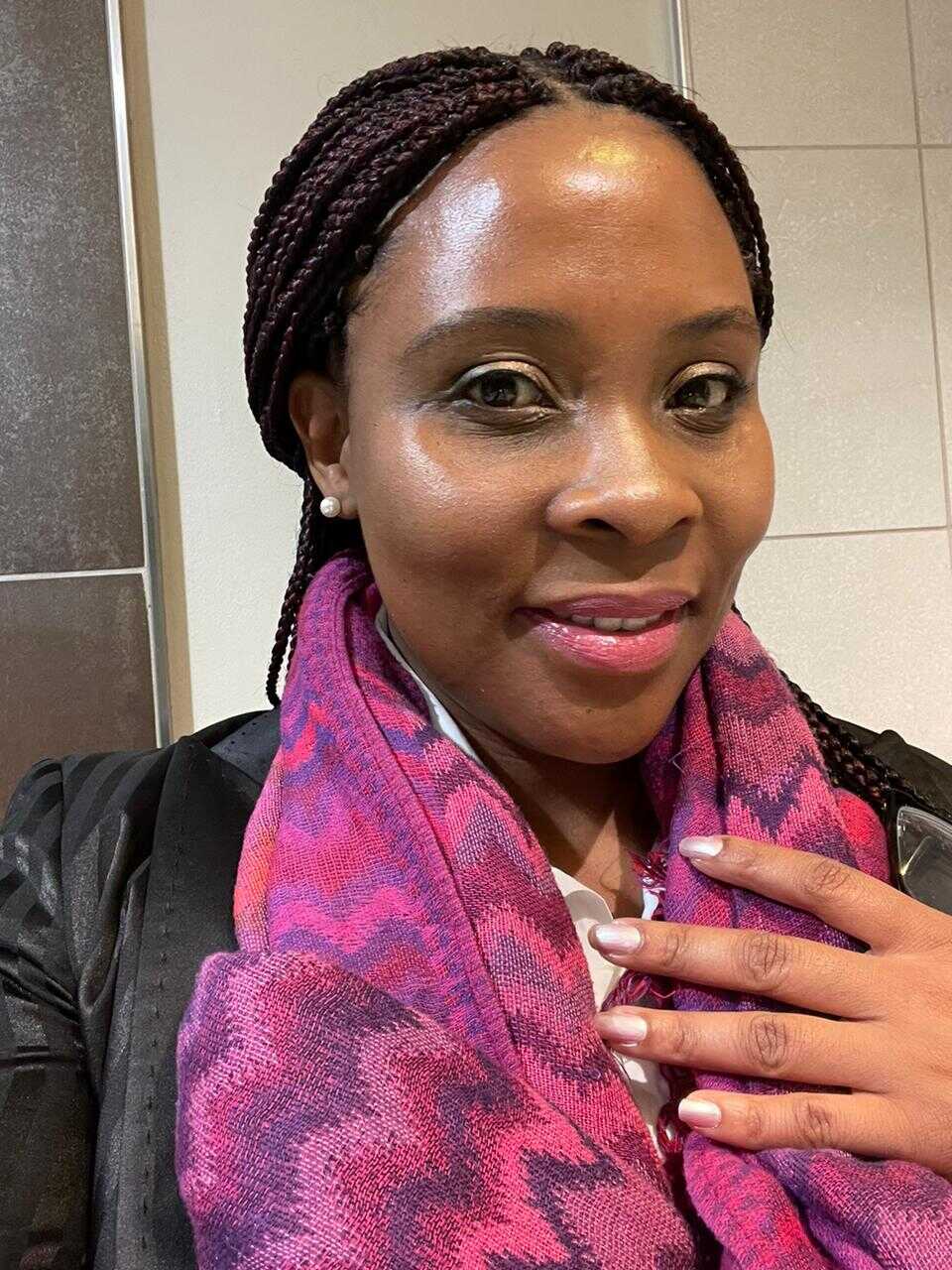
Sisanda Nkoala
Dr Sisanda Nkoala is an interdisciplinary scholar with interests in language, rhetoric, media studies, and multlingualism. She is a senior lecturer at the Cape Peninsula University of Technology and holds a PhD in rhetoric studies from the University of Cape Town. Dr Nkoala is a former award winning broadcast journalist.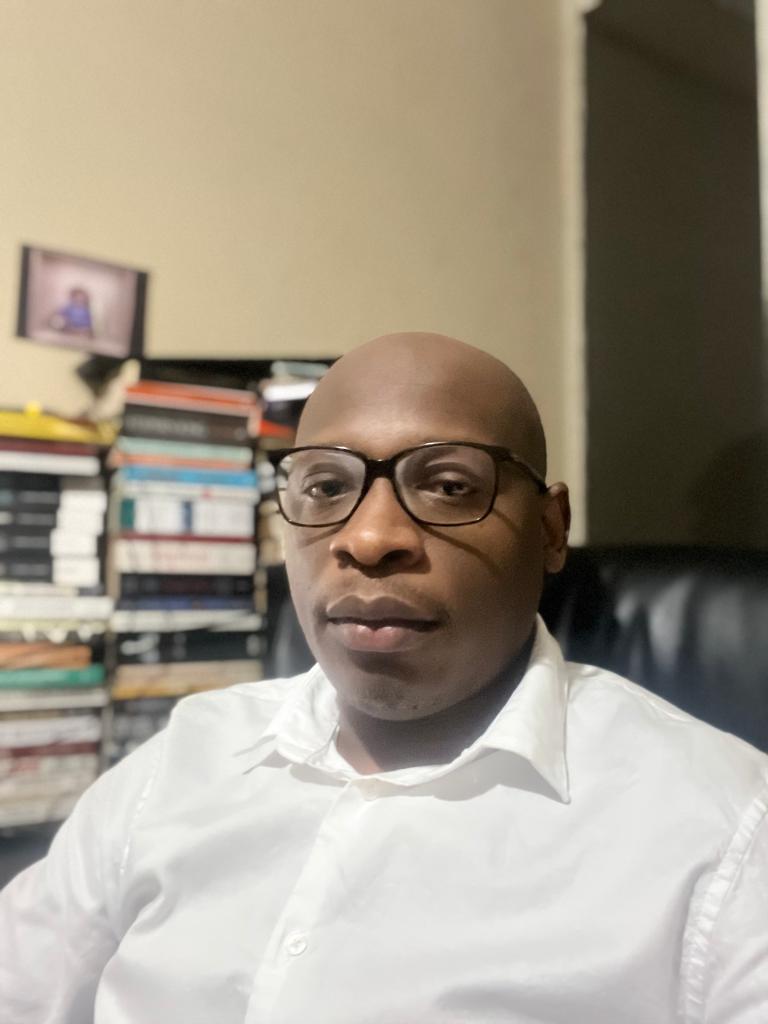
Aubrey Mpungose
Aubrey Mpungose is a PhD student at the University of KwaZulu Natal. He is interested in social/political theory, political participation, neighbourhood contexts and behaviour/outcomes, and the broader field of political economy.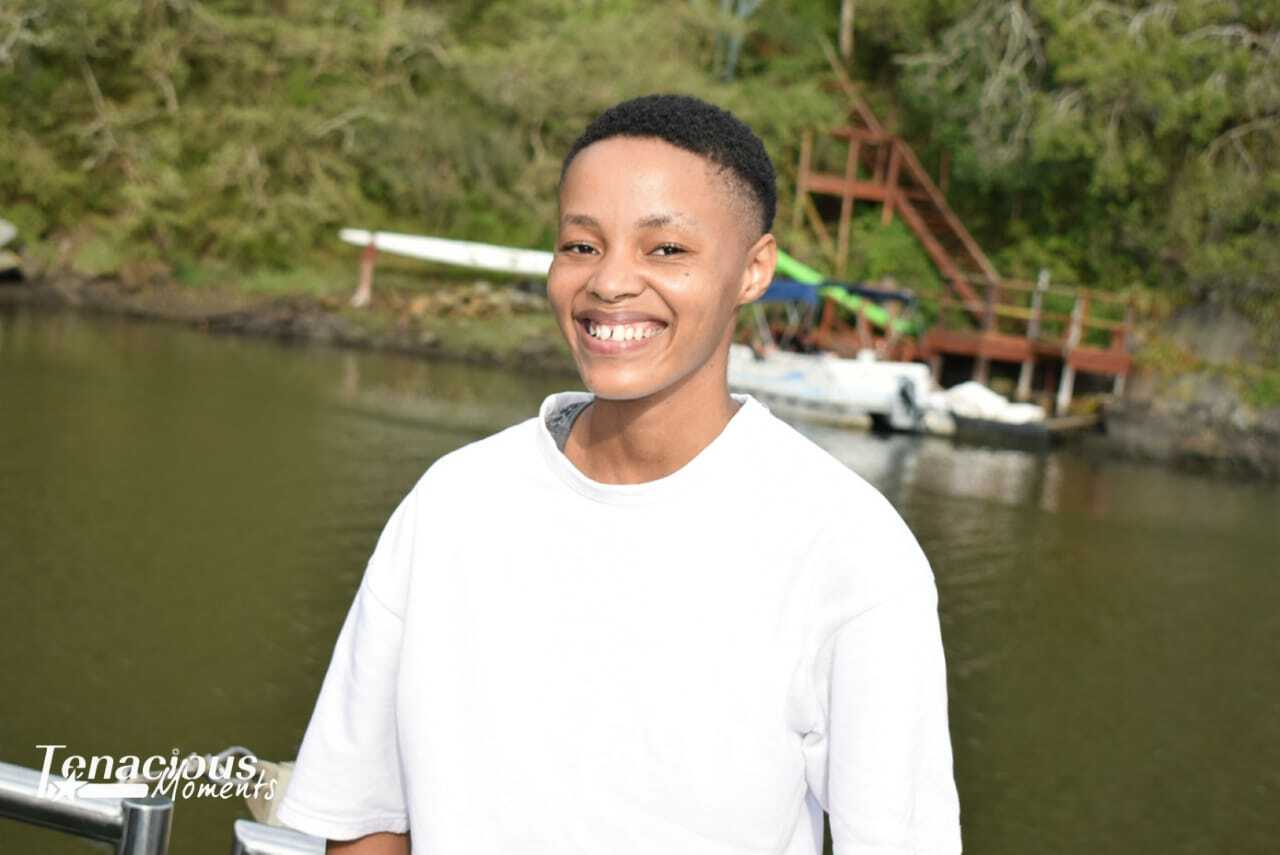
Phelokazi Mkungeka
Phelokazi Mkungeka is a second year Master of Social Science with specialisation in Sociology student at the University of the Free State. I work at Interdisciplinary Centre for Digital Future at UFS we work in collaboration with the National Department of Health to provide weekly updates of COVID-19. We are part of the social listening teams that deal with COVID-19 to provide weekly updates.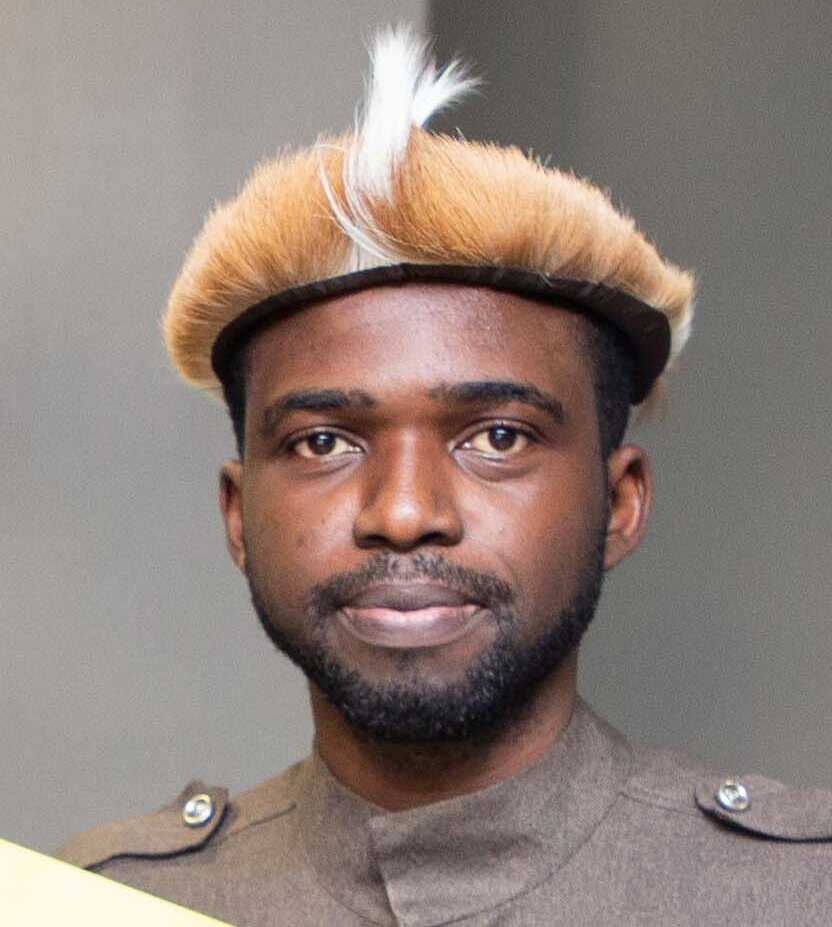
Samson Olaoluwa Faboye
Samson Faboye is pursing a PhD in Urban and Regional Planning at the University of Johannesburg. His research investigates and portends the future relevance of traditional governance systems within the context of South African Urbanity.
Zintathu Mazamane
Zintathu Mazamane is a managing director and development Specialist at Nzeru Development Solutions - a consulting firm that provides advisory services related to business and project development. She is also a candidate for a master of urban studies in urban management at Witwatersrand University. Her interests lie in promoting inclusive growth and equality by addressing structural biases embed in institutions and processes.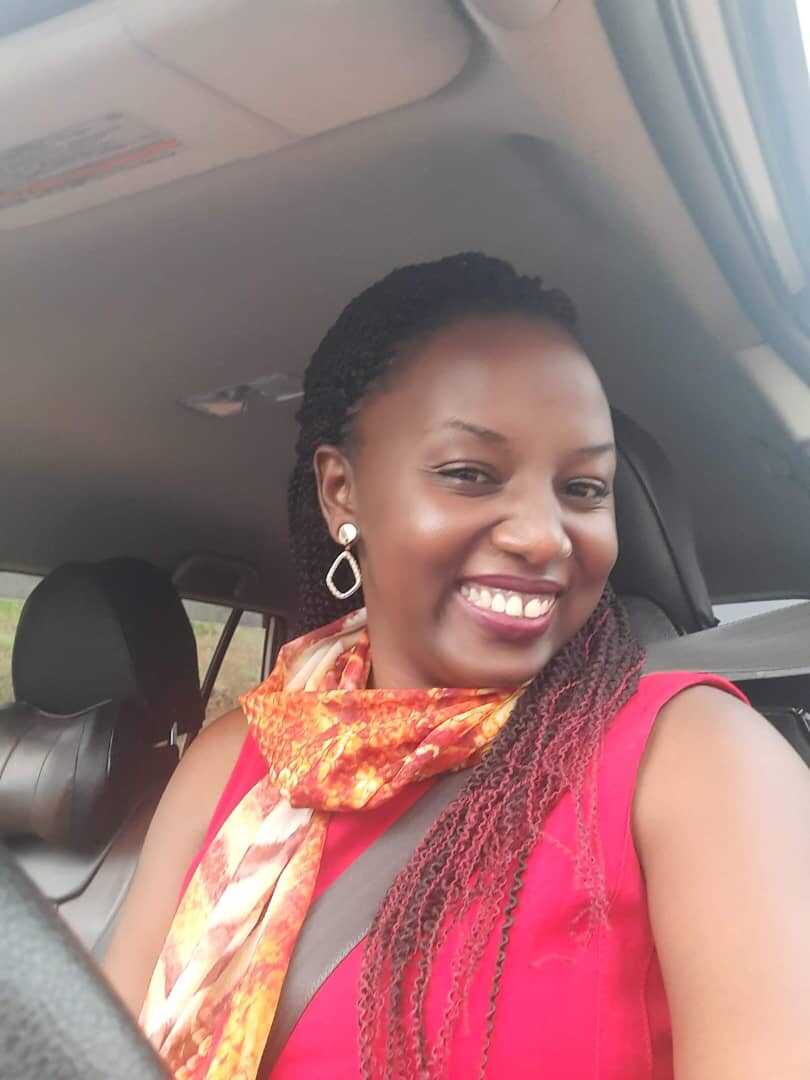
Barbara N Kayondo
Barbara N Kayondo is PhD student at the University of Cape Town, South Africa. Her research investigates how a mobile application can be used to enhance Electronic Health Information System's compliance with Ugandan privacy regulations. She is also a lecturer of Information Systems.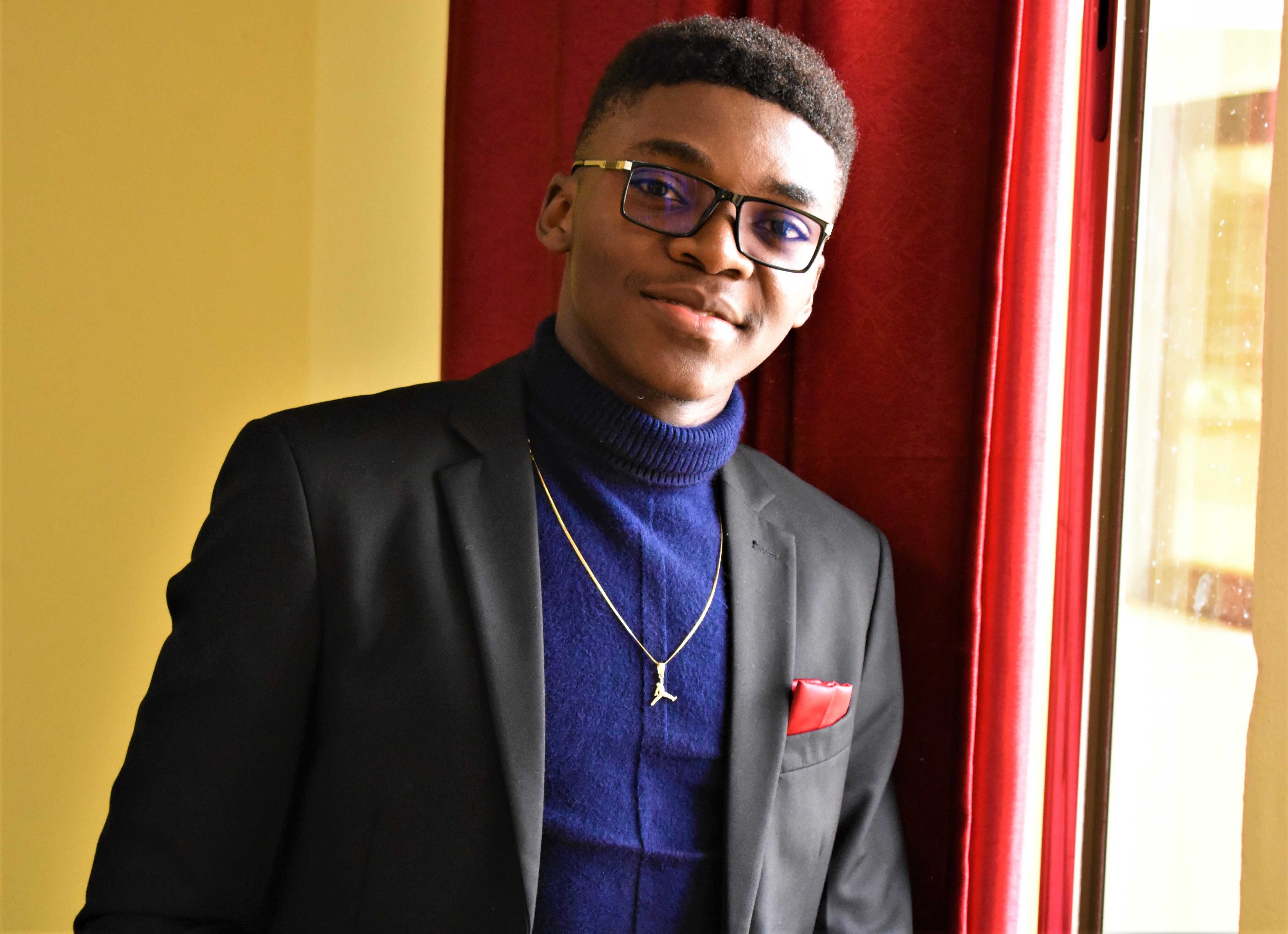
LOIC ELNATHAN TIOKOU FANGANG
Elnathan Tiokou is a Junior researcher who holds an MSc degree in Data Science from AFRICAN INSTITUTE FOR MATHEMATICAL SCIENCES (AIMS-CAMEROON). He is interested in the application of Data Science to improve social goods. Aside from Mathematical Sciences, he inspires people with his tales, experiences, and accomplishments on a daily basis (LinkedIn and YouTube). He considers himself an experimenter and is open to options both within and outside of his field of studies, such as scholarships, internships, mentorships, and a variety of other opportunities.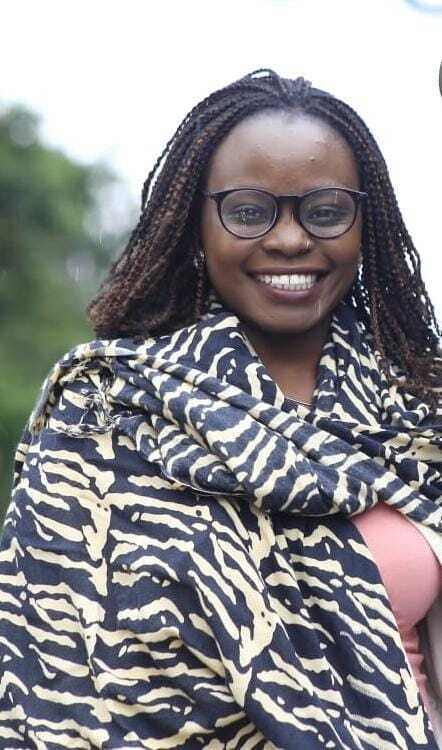
Angela Chukunzira
Angela is affiliated to the Centre for Social Change at the University of Johannesburg. Her research is focused on the interface of Zoom and WhatsApp and how social movement activists are engaged. Her other research interests include: food security, seed sovereignty and social movements engaging with big data.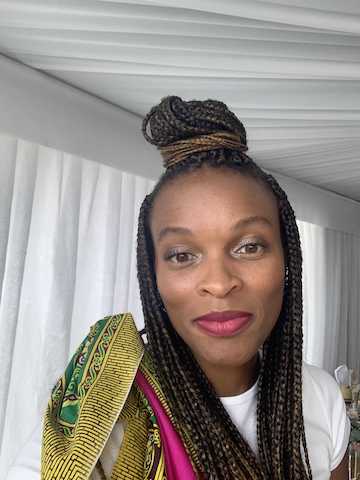
Nonkululeko Manyika
I am a qualified professional with more than 10 years of experience in the private sector namely; Construction, Financial Services (Banking and Insurance), Logistics and heading up a Non-Profit Organization. Through my directorships I have gained a lot of knowledge in the petroleum industry around legislative and governance in enabling a successful investment vehicle benefiting the broader historically disadvantaged African communities. My interests include computational science and healthcare with a focus on marginalized communities.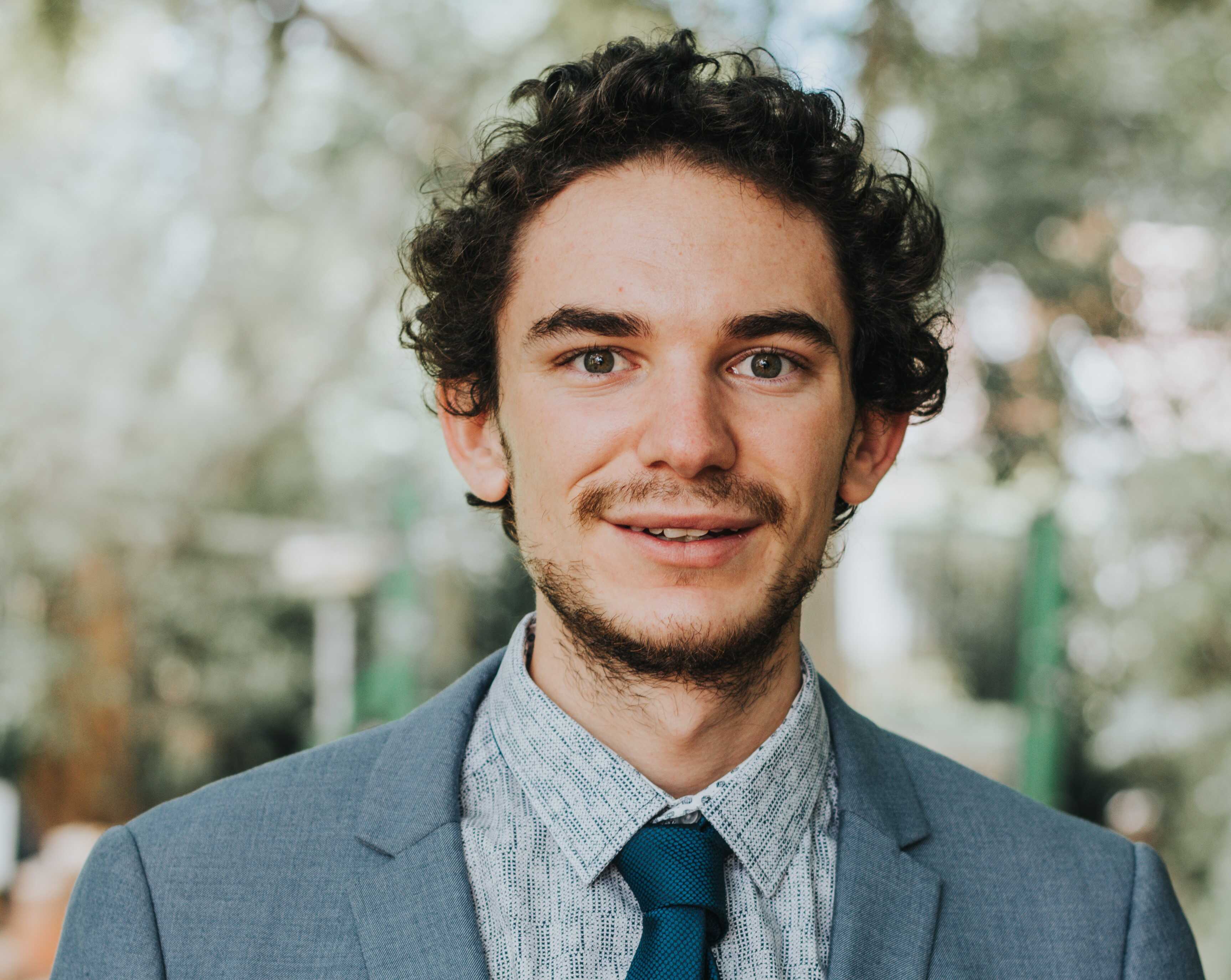
Stuart Scott Morrison
Stuart Morrison is an MA E-Science candidate at the University of Witwatersrand. He has a background in International Relations, Political Science and Development Studies, with a research interest in African conflict and governance. In his spare time Stuart works for Africa Matters Initiative which is a youth-led African NGO.
Lesedi Senamele Matlala
Lesedi is a presently a Researcher at JET Education Service. He holds a Master’s in Public Policy, Monitoring and Evaluation; Postgraduate Diploma in Labour Law from the University of Johannesburg (UJ). He is also a Doctorate candidate at the University of Johannesburg. His main research areas are Evaluations of Educational/Learnership Programmes, Policy Impact Assessment Studies; Socio-Economic Research and Surveys; Programme Monitoring and Evaluations (M&E), Feasibility Studies. He has authored, and co-authored a few number of publications, including academic journals, and conference papers and has presented at many conferences.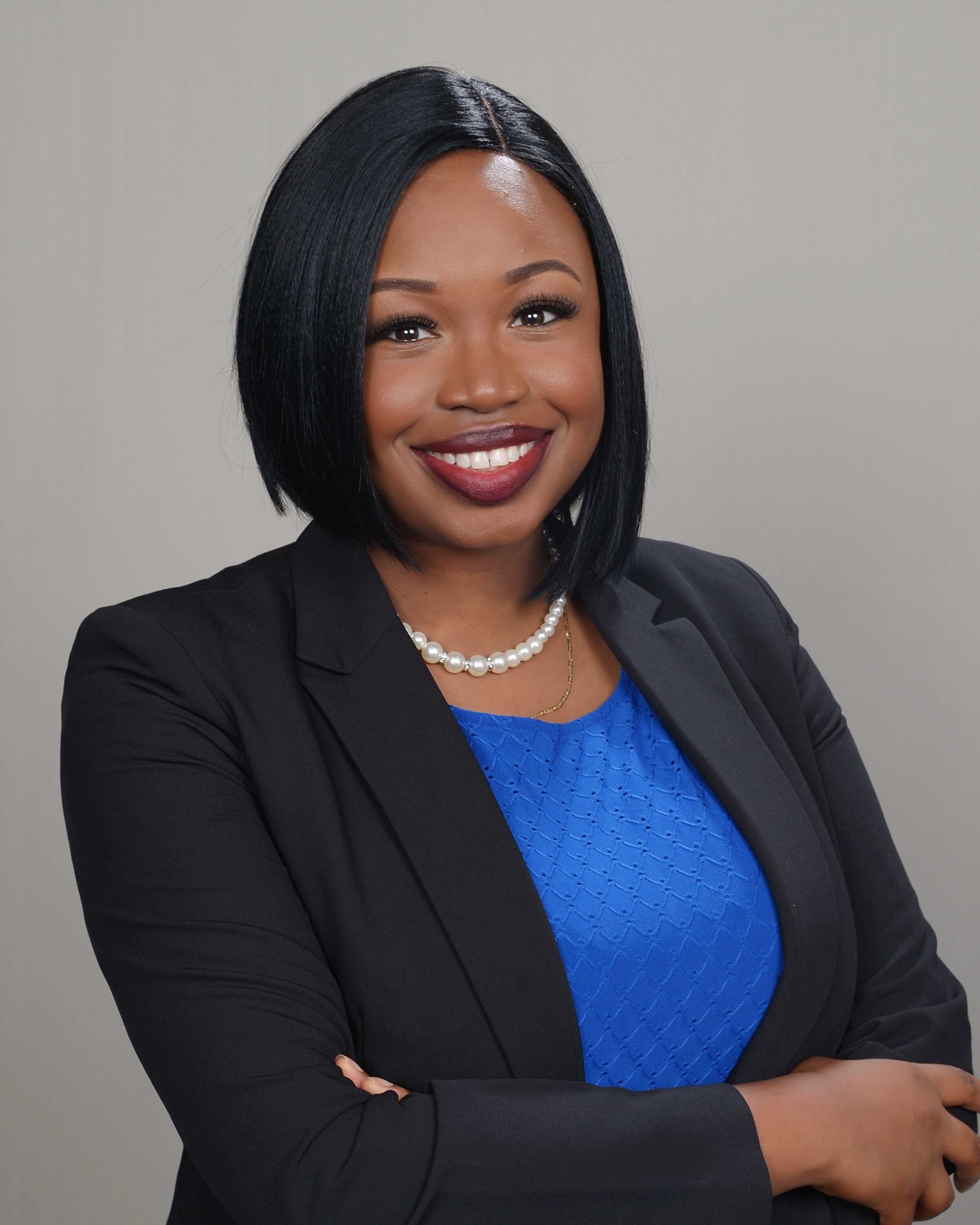
Sandra Okonofua
Sandra Okonofua is a doctoral student in Sociology at Yale University. She is interested in interrogating patterns of educational inequality using critical computational social science and qualitative methods to better understand the challenges Black (African & African-American) girls face in obtaining STEM credentials and embarking on STEM careers. Before Yale, Sandra was a licensed school counselor and teacher. She is a graduate of Dartmouth College, the University of Pennsylvania and Harvard University.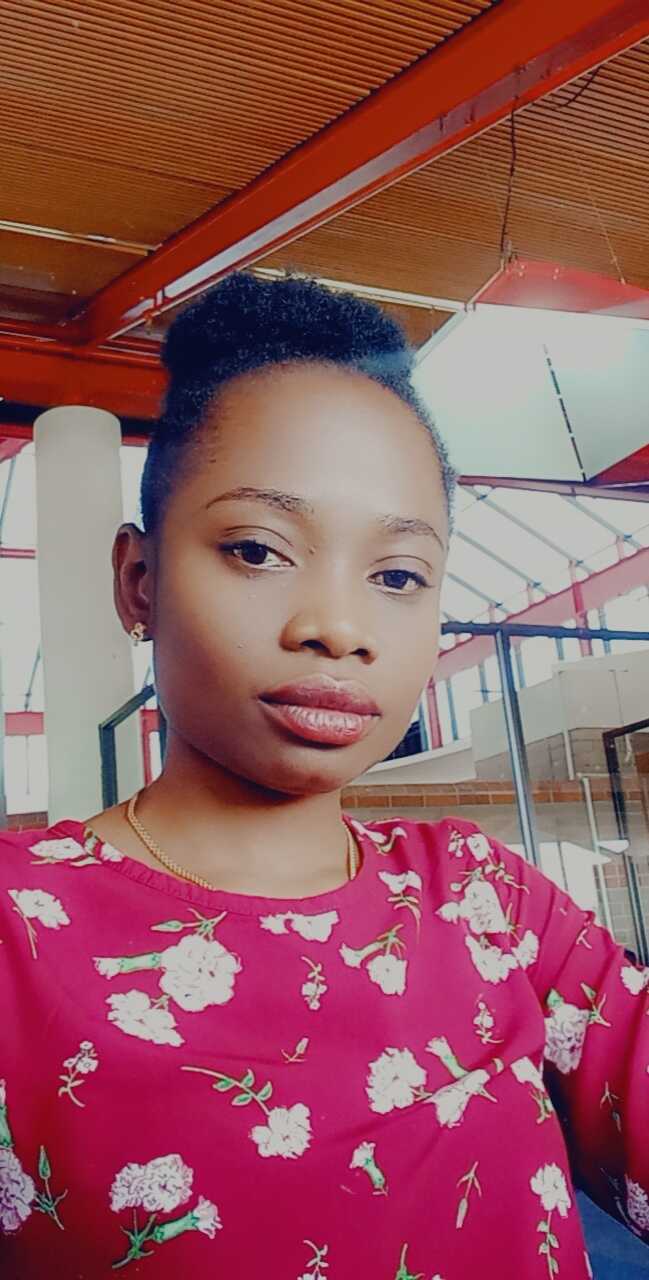
Olaide Olawumi Ojoniyi
Olaide Ojoniyi is a doctoral student at the Statistics and Population studies department, University of the Western Cape, Cape Town. She is also a Statistical Coach with the Division for Postgraduate Studies at the university. Her current research is on adolescents' and young women's sexual and reproductive health.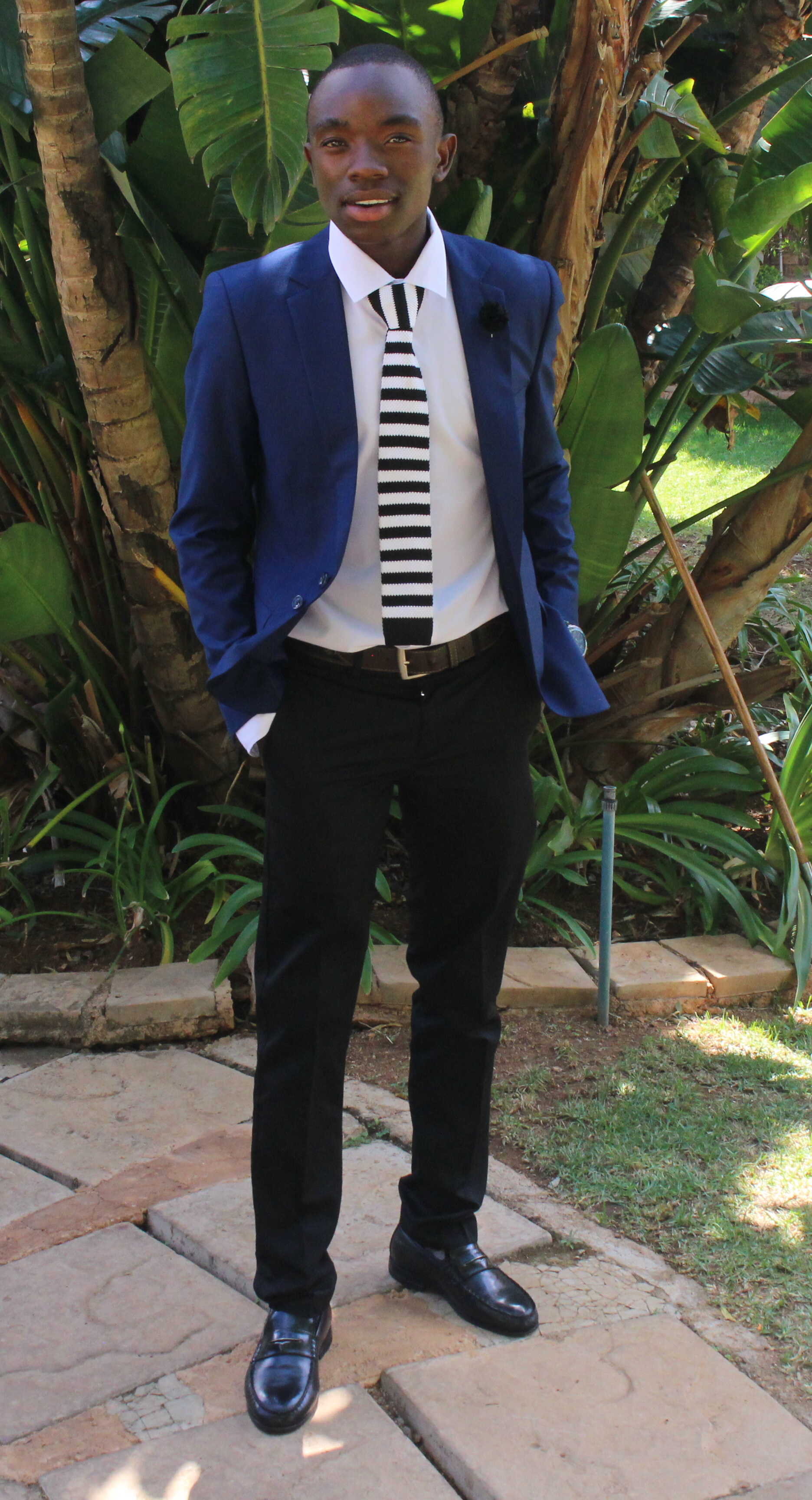
Thabang Richard Motswaledi
Thabang Richard Motswaledi is an emerging scholar at the North West University. Recently graduated at the North West University his junior degree (Bachelor of social sciences Hon in political studies) and currently pursuing a MA degree in political studies in the school of governance at the North West University Vaal campus. He is actively involved in academia with specific attention given to both political science and African philosophy related research.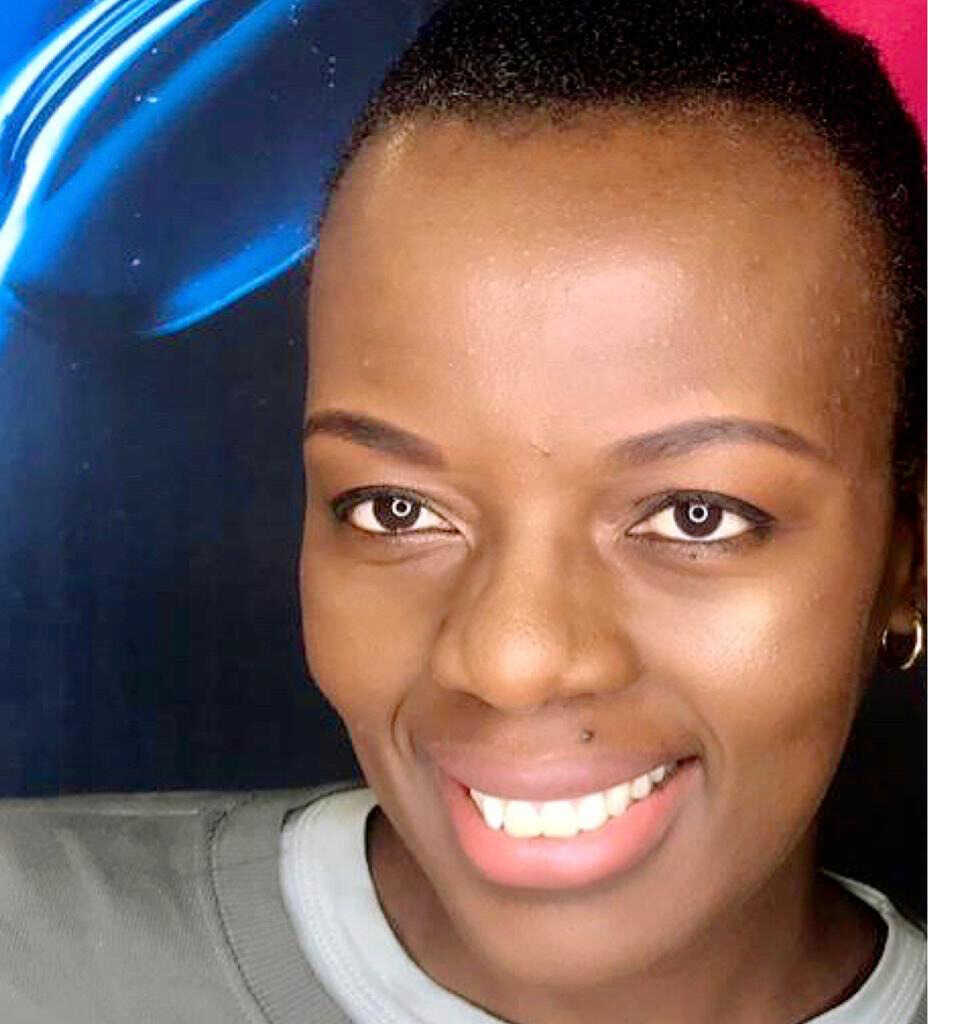
Neo Sematlane
Neo Sematlane is a researcher affiliated with the School of Public Health, at the University of the Western Cape and the Centre for Population, Family & Health, Department of Sociology, Faculty of Social Sciences, University of Antwerp. Her current research examines the concept of illness identity in HIV, using experimental and computational methods.Partner Faculty
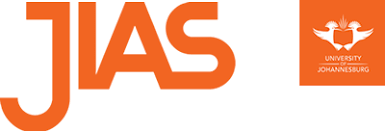
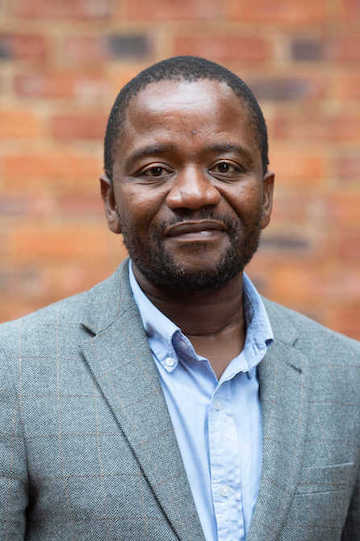
Bongani Ngqulunga
Dr Bongani Ngqulunga, who is the director of the Johannesburg Institute for Advanced Study, is an academic, public sector administrator and author. Prior to joining JIAS, he worked in the South African Presidency for more than a decade. He holds a PhD in Sociology from Brown University in the United States and three degrees from the University of KwaZulu-Natal. His appointment at JIAS became effective in June 2018. In the same month, Dr Ngqulunga won the Alan Paton Award for non-fiction for his book The Man Who Found the ANC: A Biography of Pixley ka Isaka Seme (Penguin, 2018).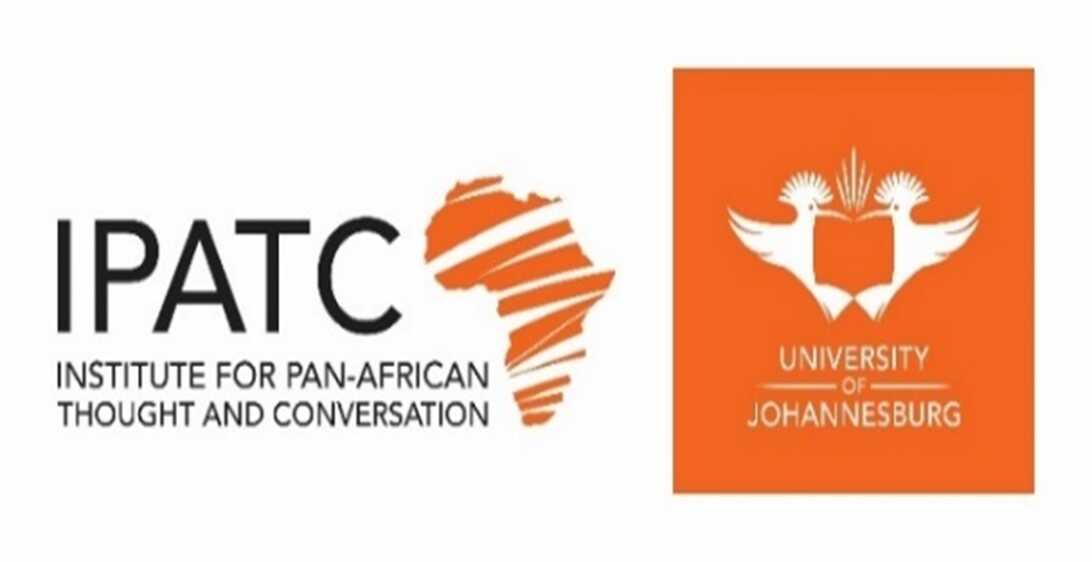
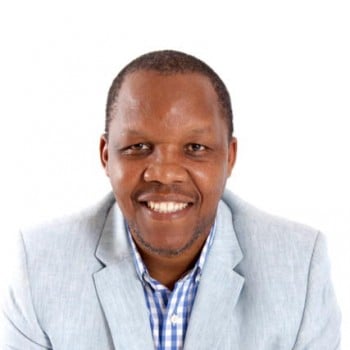
Siphamandla Zondi
Siphamandla Zondi (him/they) is acting director of the Institute for Pan-African Thought and Conversation and acting co-director of the Institute for Global African Affairs at University of Johannesburg. He is also with Department of Politics and International Relations at the same university teaching introduction to politics at undergraduate level and research methodology at postgraduate level. He is a commissioner on the National Planning Commission of South Africa and a chair of the SA BRICS Think Tank. His broad research interest is decolonising power, being and ways of knowing.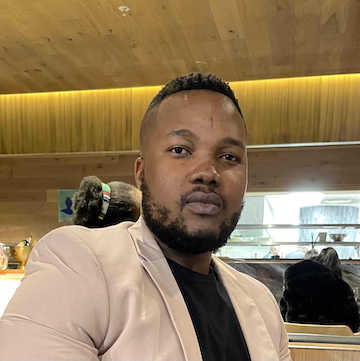
Xolani Makhubele
Xolani Makhubele is an actuarial specialist by profession and currently works as a data scientist at Telkom. He has special interest in Banking, Insurance, Healthcare and Telecommunication industries. Xolani believes in the rising of leaders who are technologically equipped and prepared for the fourth industrial revolution.